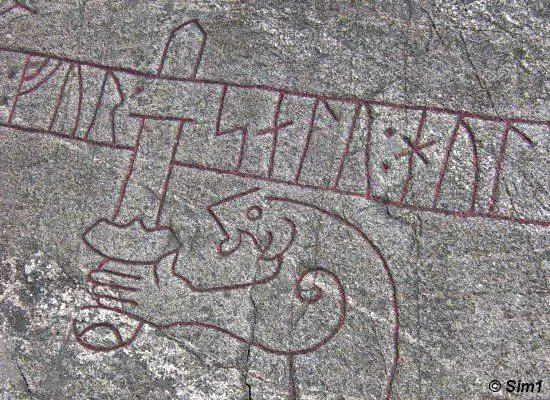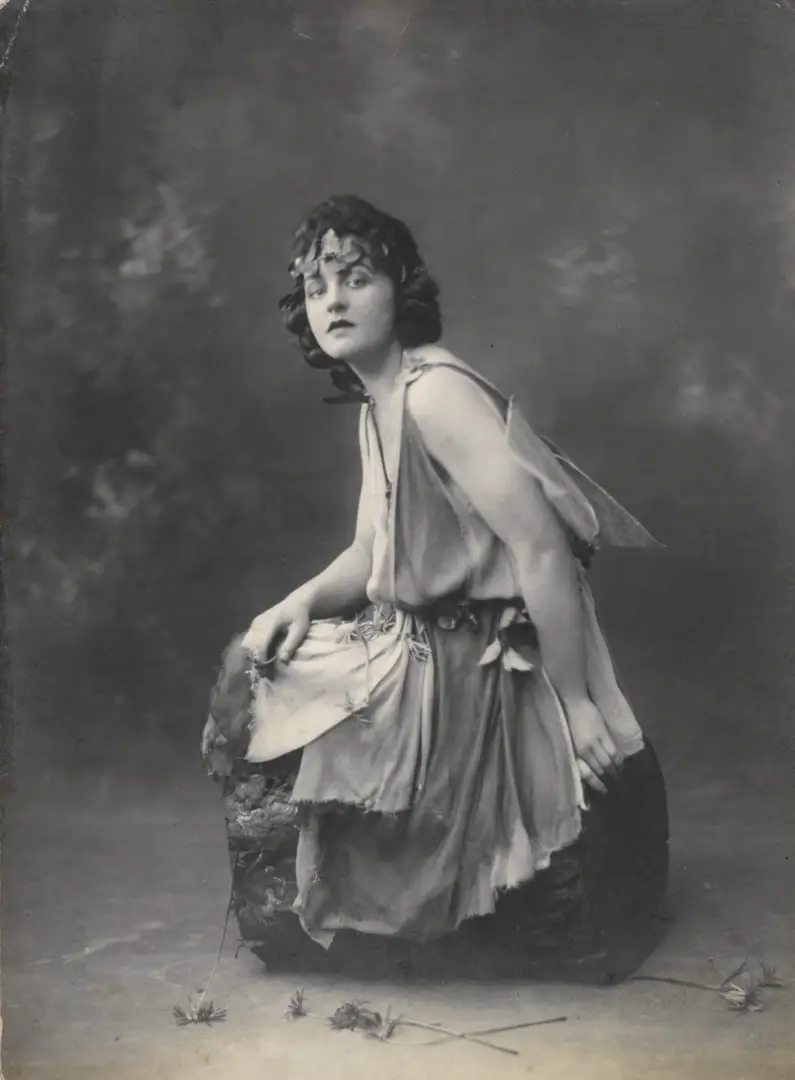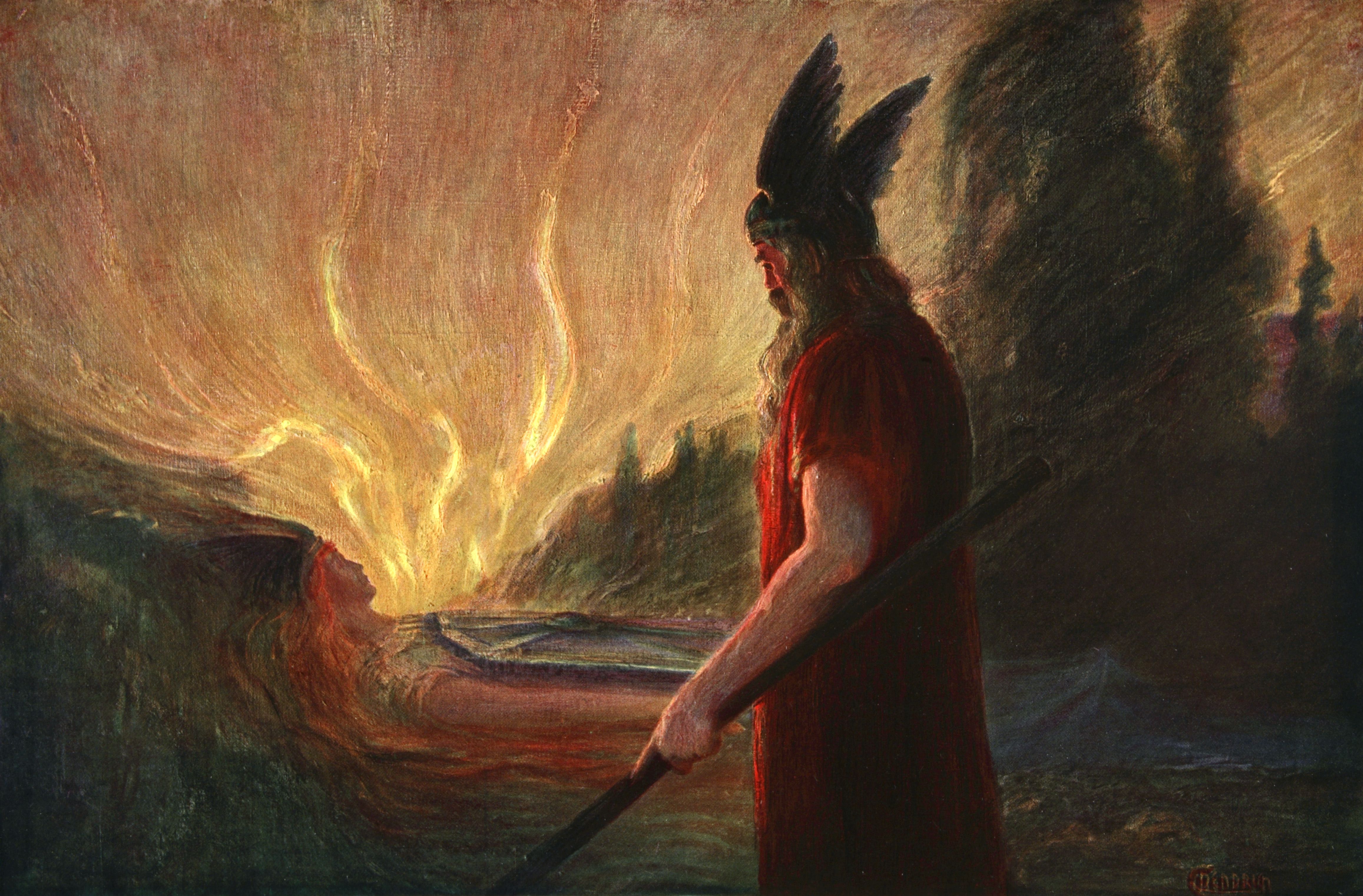Tag: Rune
On the perennial reality of the myth: "The secret wisdom of bees" by Pamela Lyndon Travers
In the essays contained in “What the Bee Knows. Reflections on Myth, Symbol and Story ", recently published in Italian by LiberiLibri, Pamela Lyndon Travers witnessed the timeless antiquity of myths and fairy tales, and consequently their perennial reality, interpreting the Gaelic" memory of the blood "that flowed in her veneers, starting from the title of the work: in the Scottish Highlands, in fact, it is recommended to "ask the bees what the Druids once knew».
Guido von List and the magical-religious tradition of the Ariogermans
Wotan's wisdom is knowledge, magic and poetry at the same time. He not only knows the mysteries of the Nine Worlds and the order of their lineages, but also the destiny of men and the fate of the universe itself. Perhaps this is why He, unique among the Ases, was able to give a spiritual conscience to the human being: because, by accessing the supreme communion with the Great Mystery, and learning the secrets of the alphabet of the cosmos, He was able to synthesize all and seven spirits of the Aesis in a single spiritual entity, what the ancient Greeks called pneuma. With this magical act Wotan, according to Logos, originated from himself the third Logos, the one who has the power to give spiritual Life to the human being, just as the second Logos self-generated from the First.
At the turn of the nineteenth and twentieth centuries, using an approach halfway between the anthropological and the occult, the Viennese scholar Guido von List attempted a reconstruction of the Germanic Urgrund, analyzing the more esoteric aspects of the cosmogony and pre-Christian religion of the ancient Central European peoples .
di Marco Maculotti



